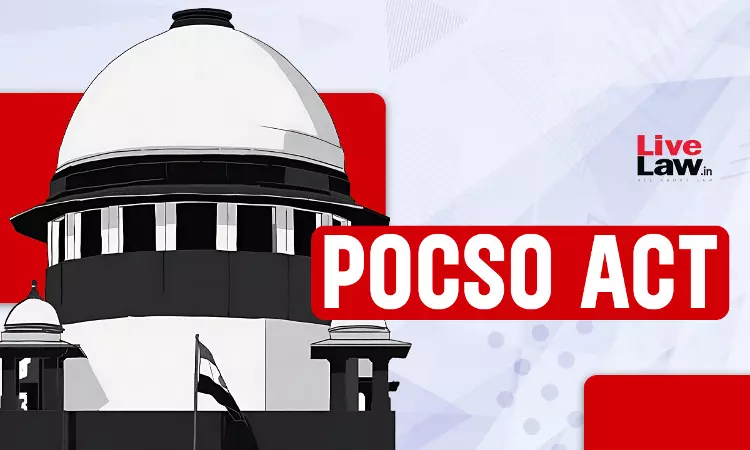Supreme Court Emphasises Importance Of “Support Persons” For Victims Under POCSO Act; Issues Guidelines
Suraj Parmar
18 Aug 2023 9:42 PM IST

Next Story
18 Aug 2023 9:42 PM IST
The Supreme Court on Friday(Aug 18), passed an order relating to the appointment of support persons under the POCSO Act and their qualifications. The Court issued directions for framing guidelines on their appointment.It is pertinent to note that POCSO Rules, 2020 define a ‘support person’ as “someone assigned by a child welfare committee to render assistance to a child during the...
